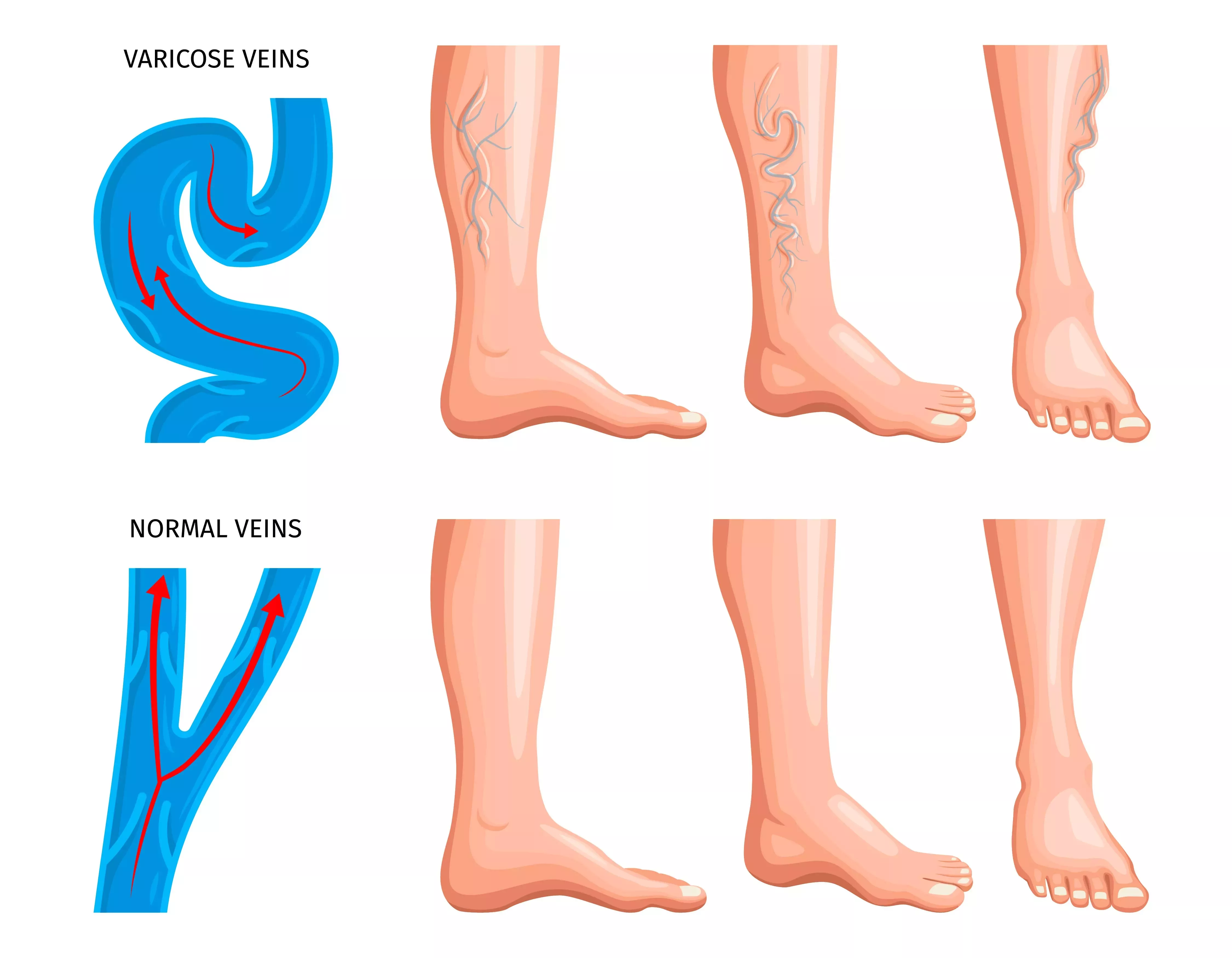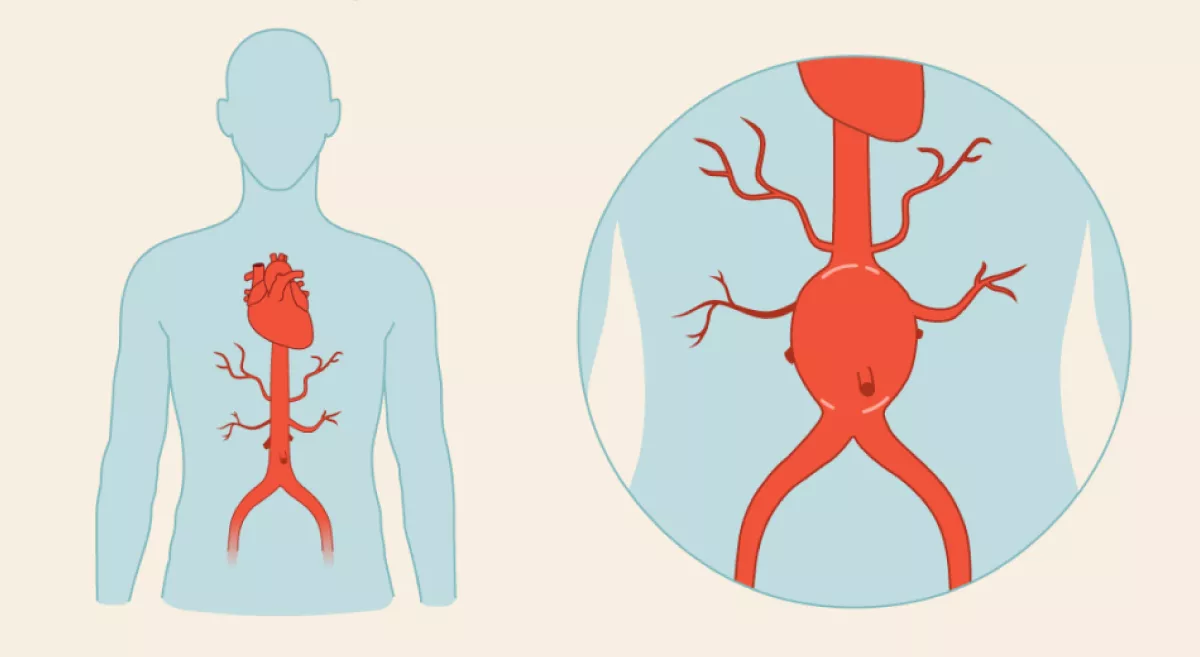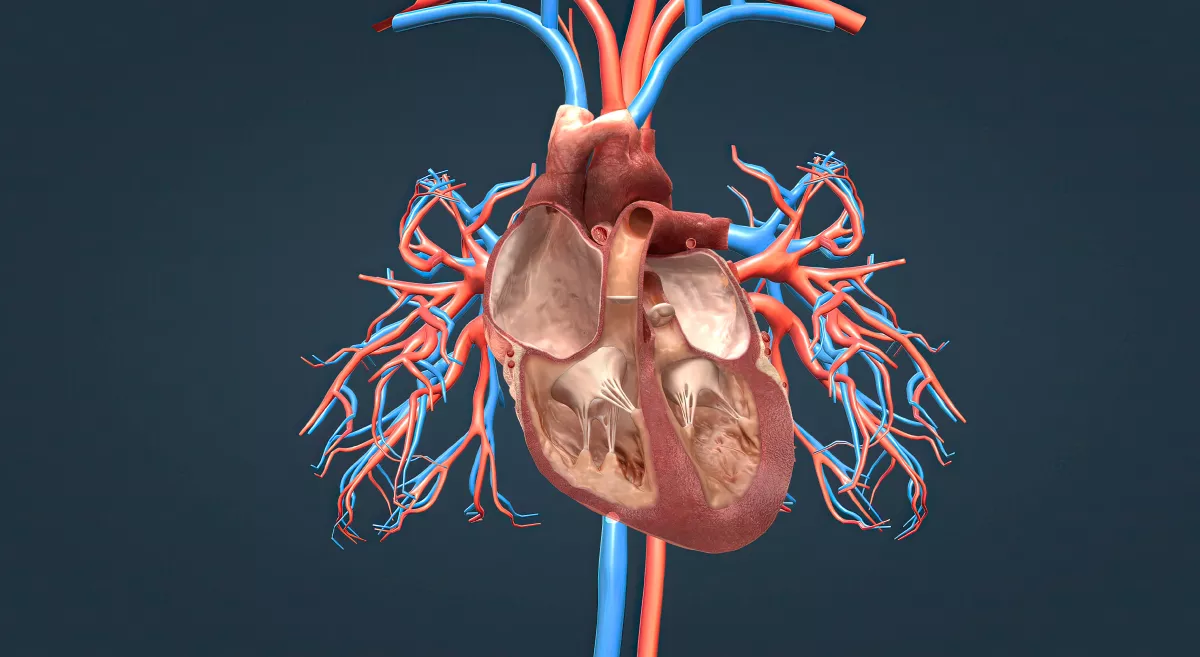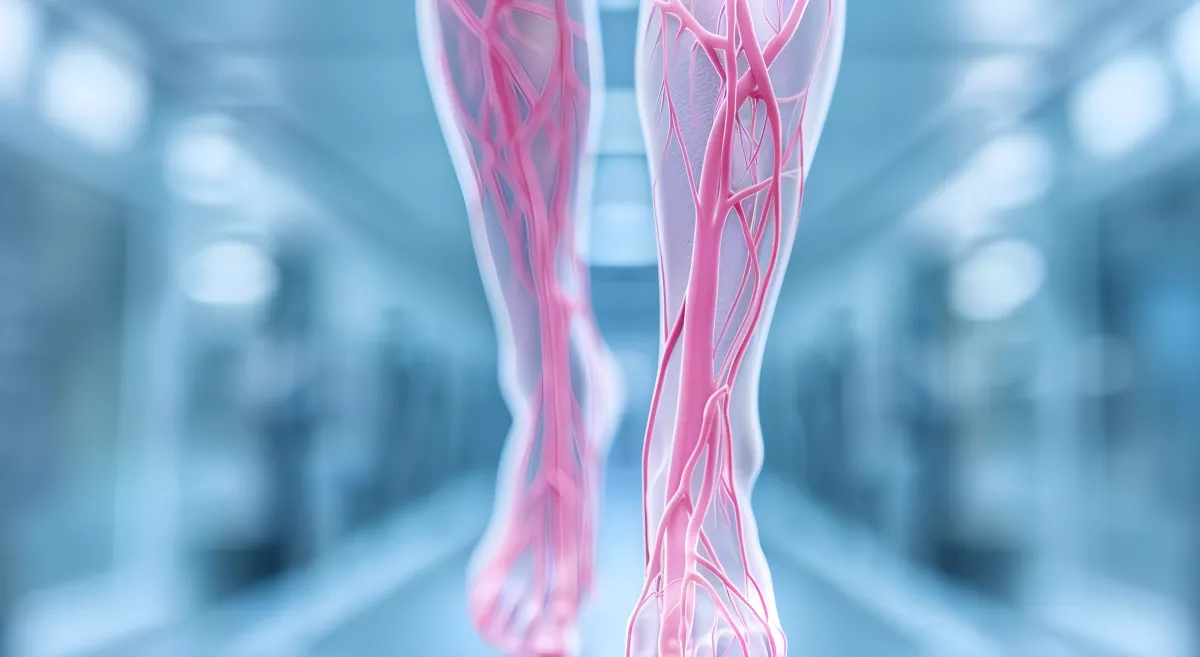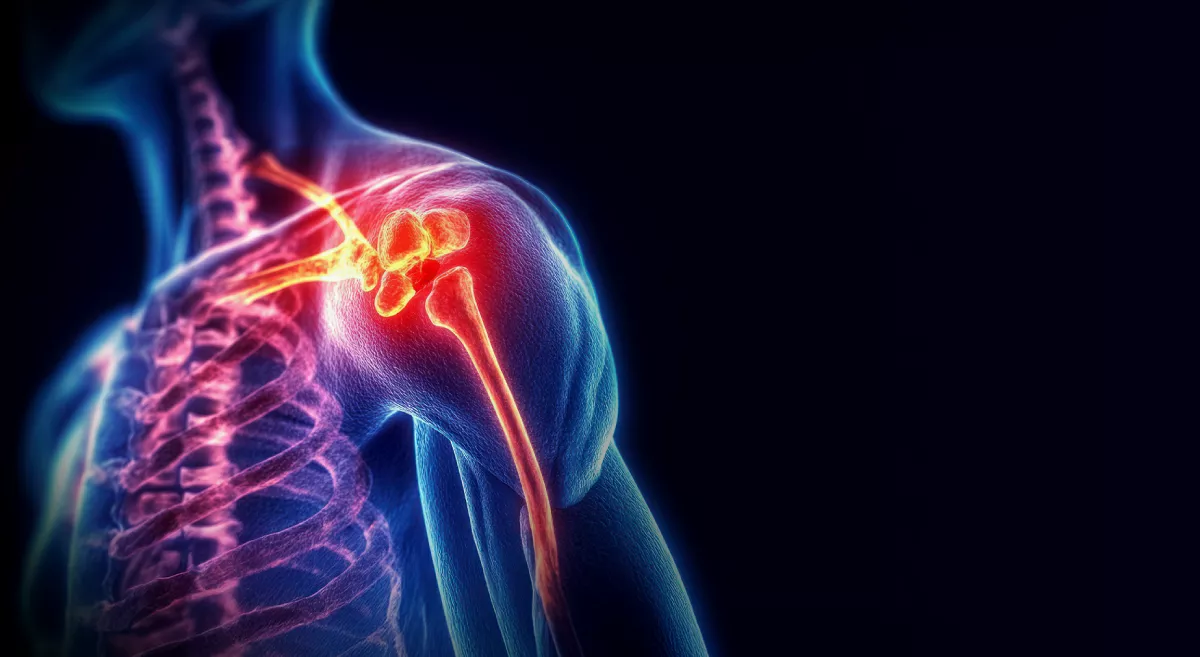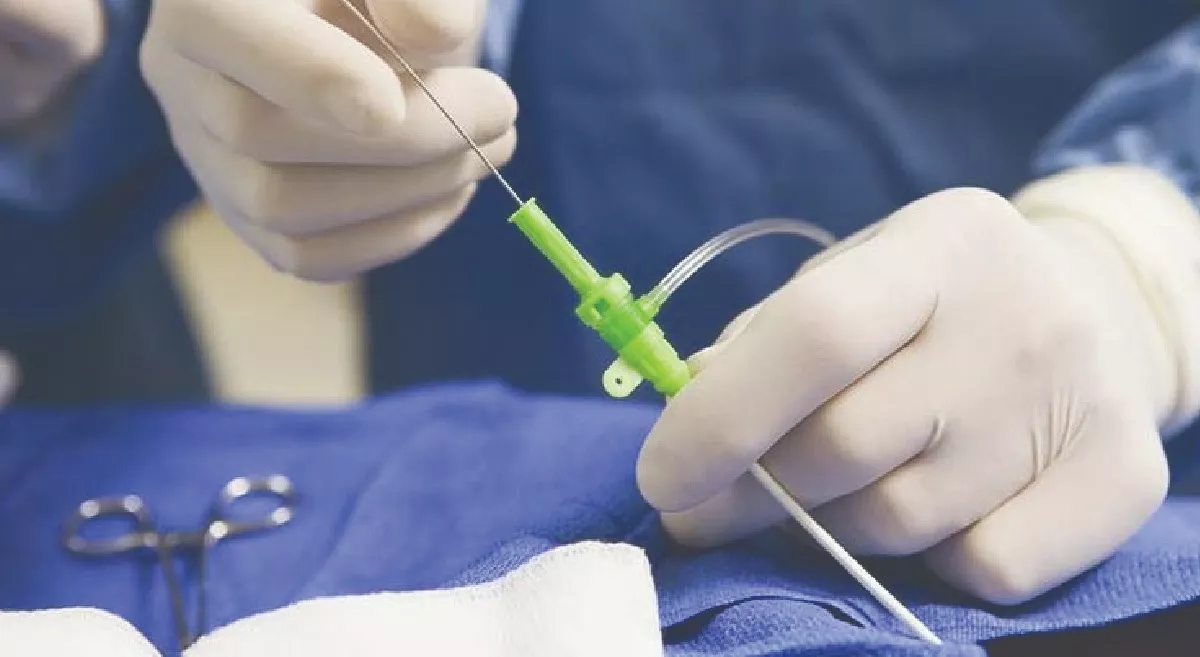A Comprehensive Journey through Treatment Options for Varicose Veins
Varicose veins, those swollen and twisted blood vessels that commonly appear on the legs, can be more than just a cosmetic concern. They often cause discomfort, pain, and itching, affecting one's quality of life. If you're among the millions seeking relief from varicose veins, fear not, for there's an array of treatment options available. From simple lifestyle changes to cutting-edge medical interventions, let's embark on a comprehensive exploration of the various paths to vein health and renewed confidence.
Lifestyle Changes
The journey towards treating varicose veins begins with adopting healthy lifestyle habits. Simple modifications in daily routines can have a significant impact on reducing discomfort and preventing further progression. Regular exercise, such as walking or swimming, improves blood circulation, while avoiding prolonged periods of standing or sitting can ease the strain on the veins. Additionally, maintaining a balanced diet rich in fiber and low in salt can aid in weight management, thus alleviating pressure on the veins.
Compression Stockings
Compression stockings, a non-invasive approach, are widely recommended for managing varicose veins. These specially designed elastic garments apply pressure to the legs, promoting blood flow upwards towards the heart and preventing blood pooling. Available in various strengths and styles, compression stockings provide symptomatic relief and can be used alone or in conjunction with other treatments.
Sclerotherapy
Sclerotherapy is a minimally invasive procedure that targets smaller varicose veins and spider veins. During this treatment, a solution is injected directly into the affected veins, causing them to collapse and eventually fade away. The procedure is relatively painless and requires no anesthesia, making it an attractive option for those seeking quick results and little downtime.
Endovenous Thermal Ablation
Endovenous thermal ablation is a modern medical technique designed to treat larger varicose veins that are causing discomfort. Using laser or radiofrequency energy, a catheter is inserted into the affected vein, applying heat that seals the vein shut. This redirects blood flow to healthier veins, and over time, the treated vein is reabsorbed by the body, leading to improved appearance and symptom relief.
Open Surgery
For severe cases of varicose veins or when other treatment methods are not suitable, open surgery may be considered. This conventional procedure involves making incisions to tie, remove or strip off the affected veins. While open surgery is effective, it usually requires more extensive recovery time compared to less invasive options.
Venaseal
A revolutionary advancement in varicose vein treatment, Venaseal, or "vein glue," offers a virtually painless and non-thermal alternative. During the procedure, a medical adhesive is injected into the affected vein, sealing it shut and rerouting blood flow naturally. This technique avoids the need for anesthesia, and patients can resume their daily activities almost immediately.
Conclusion
The road to healthier, more comfortable legs is filled with diverse treatment options for varicose veins. From adopting lifestyle changes to exploring modern medical interventions like sclerotherapy, endovenous thermal ablation, and Venaseal, each individual can find a solution tailored to their needs. It is essential to consult with a vascular surgeon to determine the most suitable treatment plan. Embrace the journey to freedom from varicose veins and reclaim your confidence and vitality.
